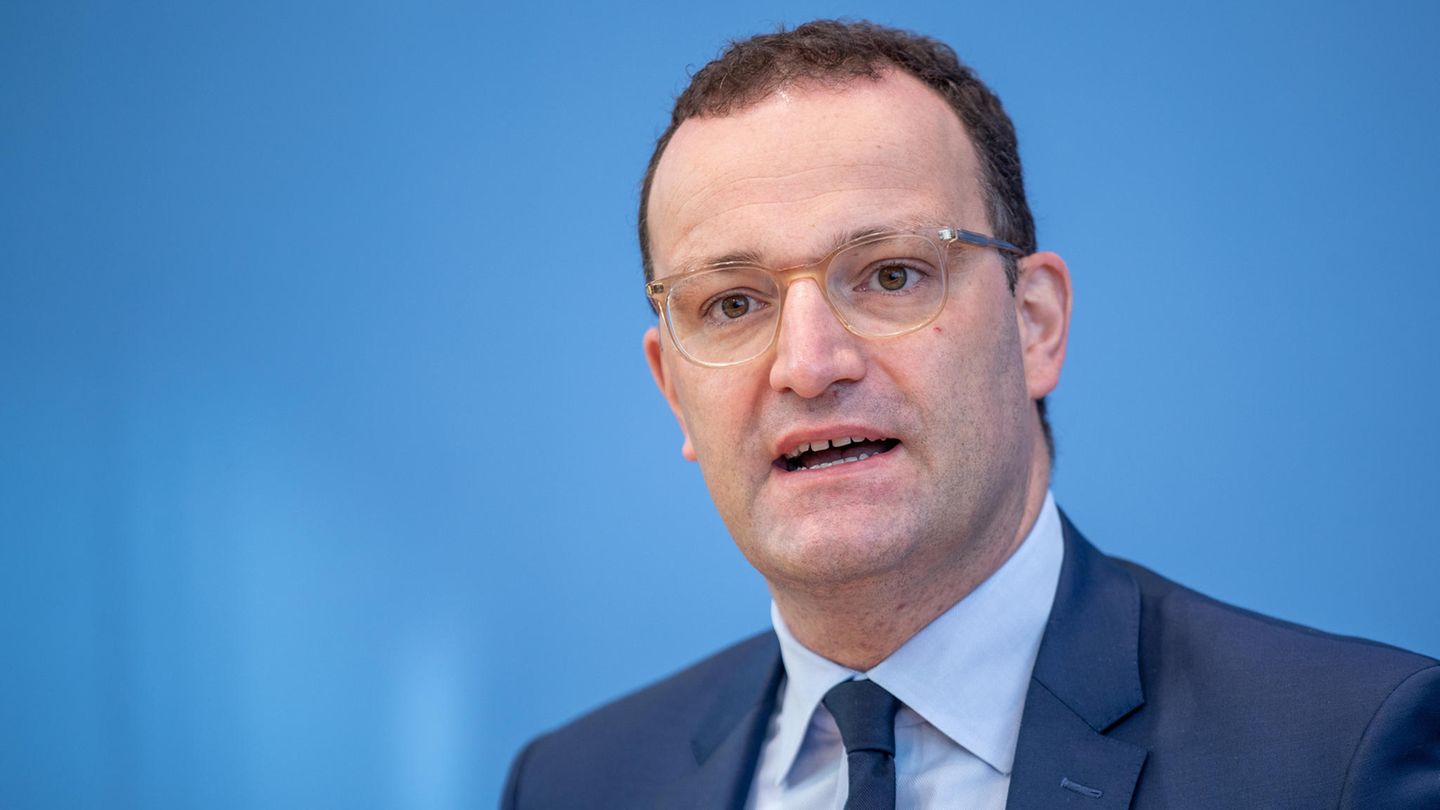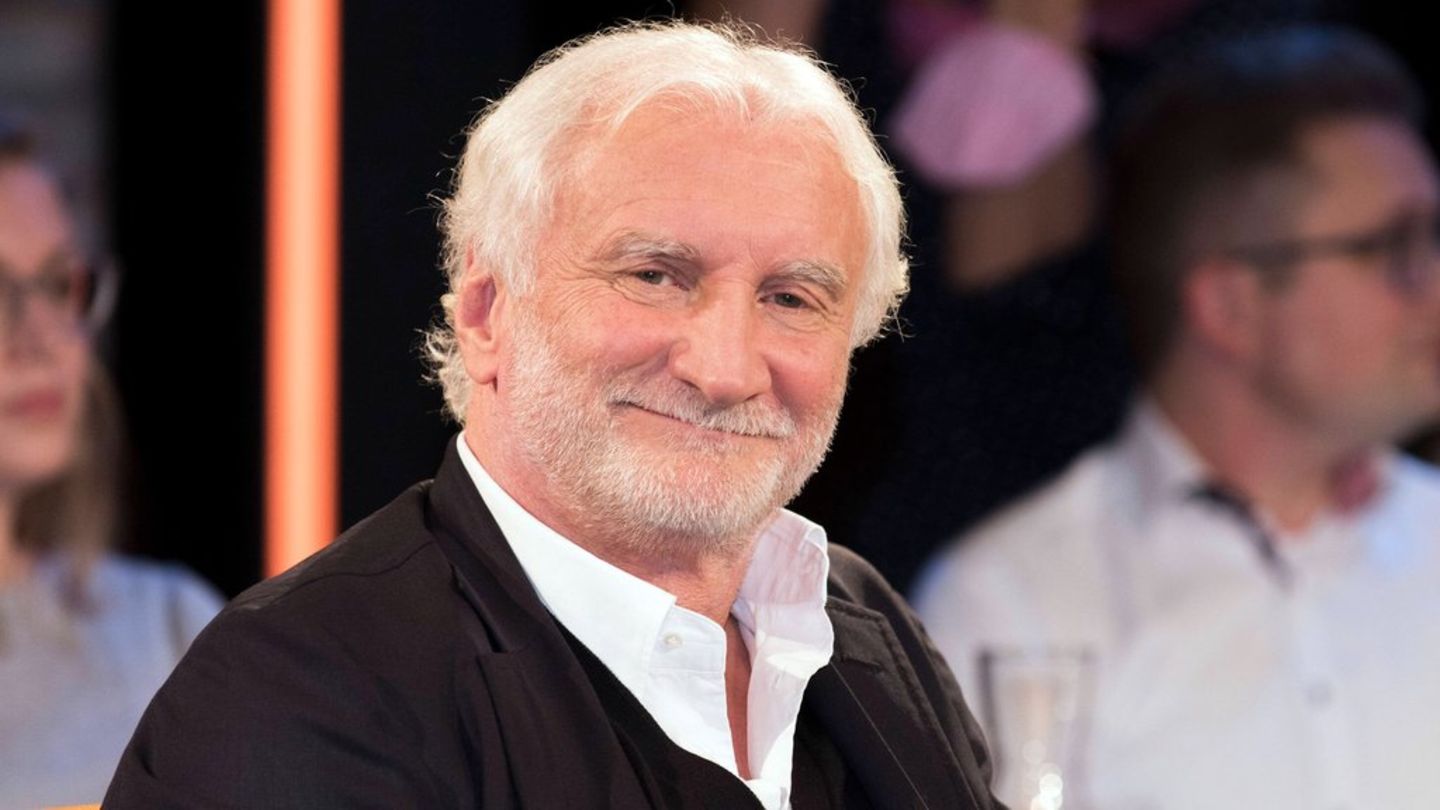According to Jens Spahn, the end of the pandemic is in sight. In the spring, the health minister expects herd immunity. Nevertheless, it is still too early to lift the corona measures.
Federal Minister of Health Jens Spahn expects herd immunity to the corona virus in the coming spring and thus an end to the pandemic. “If no new virus variant emerges against which a vaccination does not protect, which is very unlikely, then we will have overcome the pandemic in the spring and can return to normal,” said the CDU politician of the “Augsburger Allgemeine”. “Herd immunity is always achieved. The question is how: whether through vaccination or infection. Vaccination is definitely the safer way to get there,” said Spahn.
“Those who do not get vaccinated have a high probability of falling ill,” said the minister and warned against underestimating the risk of infection in view of the currently falling number of infections. “Last year we had such a breather at this time of the year. So we are not through yet. In autumn and winter, when we are all indoors a lot more and the immune system is less strong, the risk of getting infected also increases.” Spahn attributed the current decline in the number of infections mainly to the end of the holiday season and the stricter test rules.
Jens Spahn: Vaccination quota for “Freedom Day” is not yet high enough
The health minister emphasized that it was still too early to lift the corona measures. “If we no longer had any protective measures, our intensive care units would be overloaded by the still too large number of unvaccinated people,” said Spahn. For a “Freedom Day” like in other countries, the vaccination rate in Germany is not yet high enough. A good 67 percent of all residents in Germany have so far received at least one vaccination, over 63 percent are fully vaccinated with the second injection, which is usually necessary.

Spahn also announced more efforts to research and treat Long Covid, the persistence of corona symptoms for many weeks. Little is known about that yet. There is no uniform clinical picture and no clear diagnosis.




